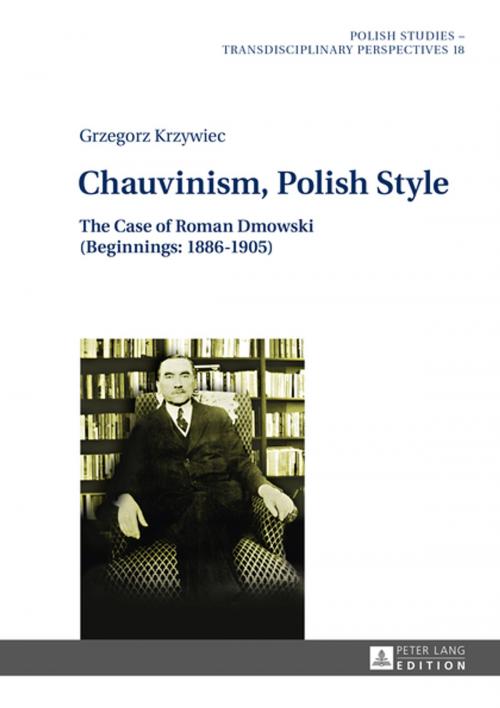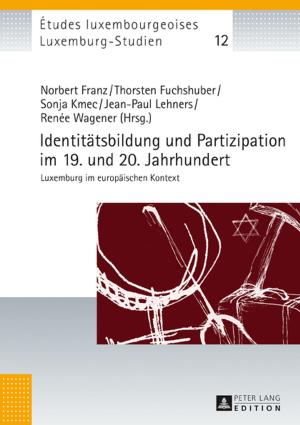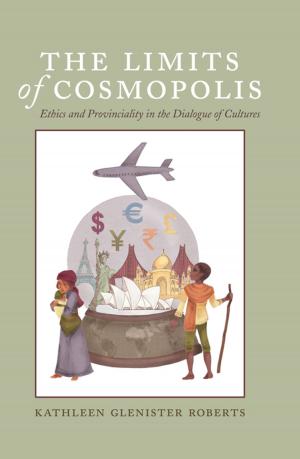Chauvinism, Polish Style
The Case of Roman Dmowski (Beginnings: 18861905)
Nonfiction, History, Eastern Europe, European General, Religion & Spirituality, Philosophy| Author: | Grzegorz Krzywiec | ISBN: | 9783653998528 |
| Publisher: | Peter Lang | Publication: | January 22, 2016 |
| Imprint: | Peter Lang GmbH, Internationaler Verlag der Wissenschaften | Language: | English |
| Author: | Grzegorz Krzywiec |
| ISBN: | 9783653998528 |
| Publisher: | Peter Lang |
| Publication: | January 22, 2016 |
| Imprint: | Peter Lang GmbH, Internationaler Verlag der Wissenschaften |
| Language: | English |
The book addresses the genesis of Polish integral nationalism and the role of Roman Dmowski as a co-founder of this phenomenon in the development of Polish political thought at the fin-de-siècle. Based on extensive documentary research, it attempts to show a broader picture of modern Polish political and social thinking in context of the late 19th and early 20th East Central Europe. The author reflects on the significance of racial thinking and Social Darwinism of the new nationalist imagination, arguing that its intellectual foundations came from anti-positivist and anti-Enlightenment tradition. He challenges the widespread assumption that Polish nationalism in its early version cherished somehow mild attitudes toward minorities, especially the Jews, claiming instead that enmity toward «Otherness» constitutes its ideological core. A major feature of the book is the contextualization of Polish nationalism against the backdrop of the fin-de-siècle European political thought.
The book addresses the genesis of Polish integral nationalism and the role of Roman Dmowski as a co-founder of this phenomenon in the development of Polish political thought at the fin-de-siècle. Based on extensive documentary research, it attempts to show a broader picture of modern Polish political and social thinking in context of the late 19th and early 20th East Central Europe. The author reflects on the significance of racial thinking and Social Darwinism of the new nationalist imagination, arguing that its intellectual foundations came from anti-positivist and anti-Enlightenment tradition. He challenges the widespread assumption that Polish nationalism in its early version cherished somehow mild attitudes toward minorities, especially the Jews, claiming instead that enmity toward «Otherness» constitutes its ideological core. A major feature of the book is the contextualization of Polish nationalism against the backdrop of the fin-de-siècle European political thought.















